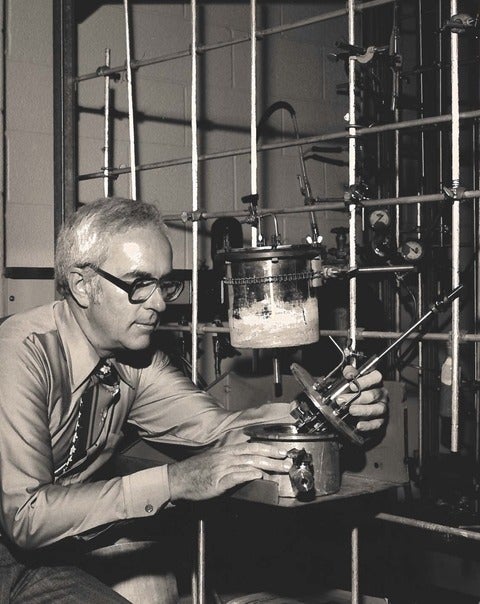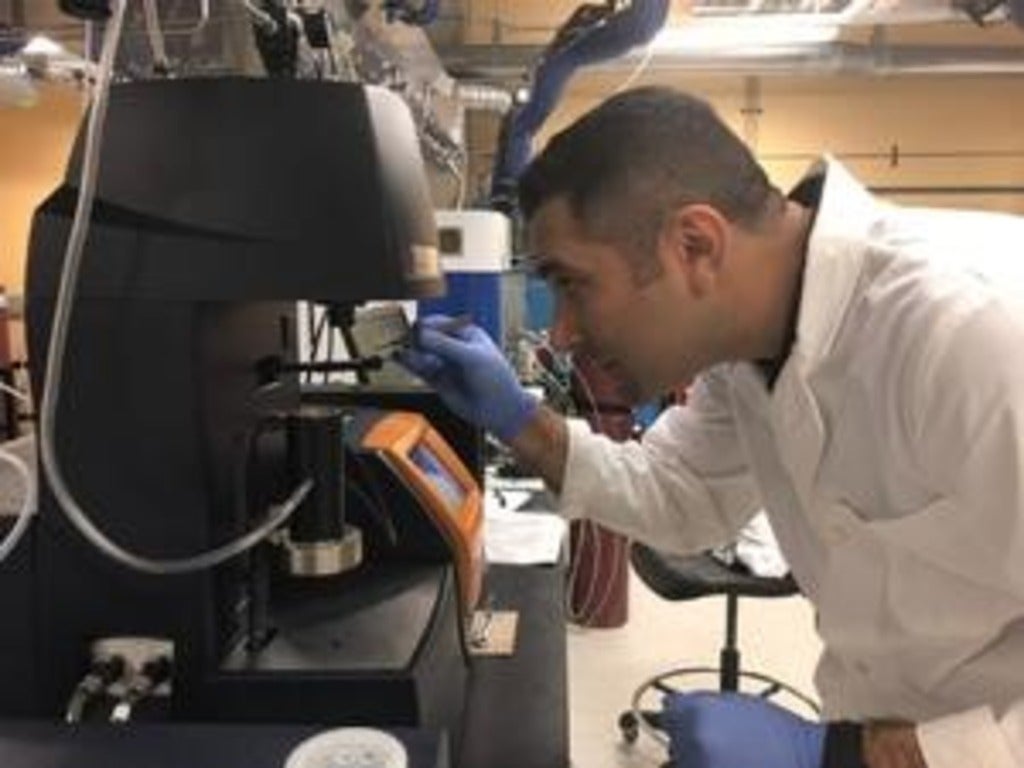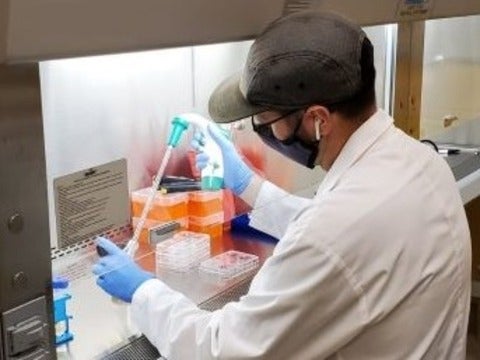NTU ranks UWaterloo ChE number one in Canada, again
The University of Waterloo’s Department of Chemical Engineering ranks first in Canada in the latest National Taiwan University Ranking, which measures universities’ research output and impact.
This is the eighth consecutive year in which our department has been ranked first among all of the chemical engineering departments in Canada, an honour it has held for 9 of the 11 years that NTU has ranked the top 300 universities in 10 subjects.


